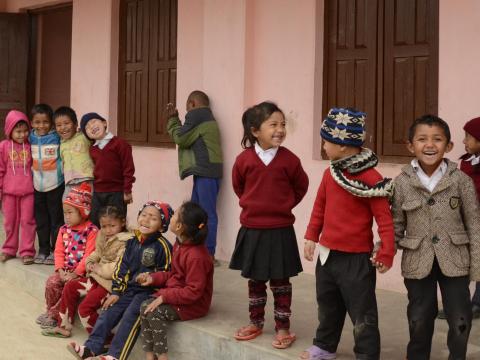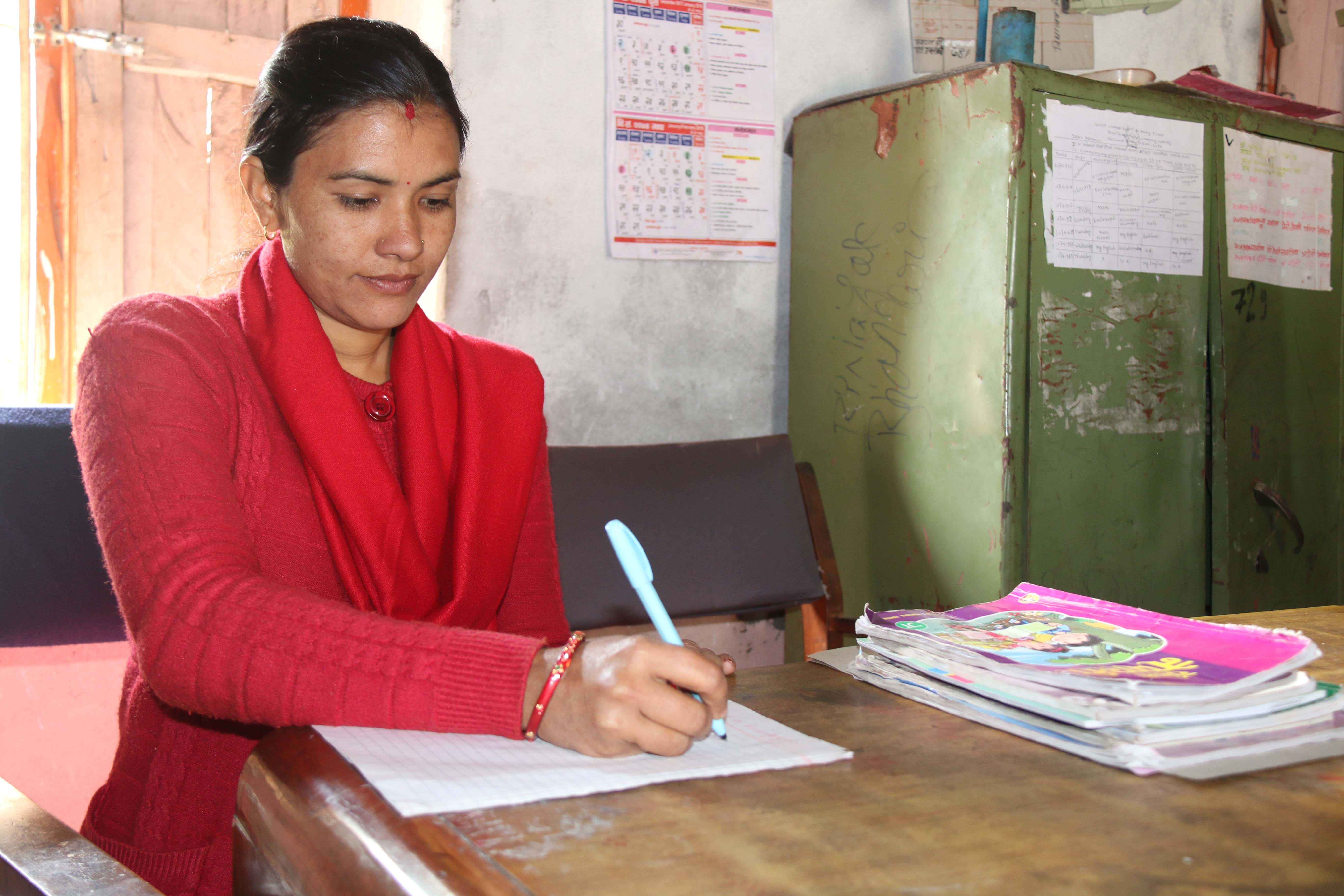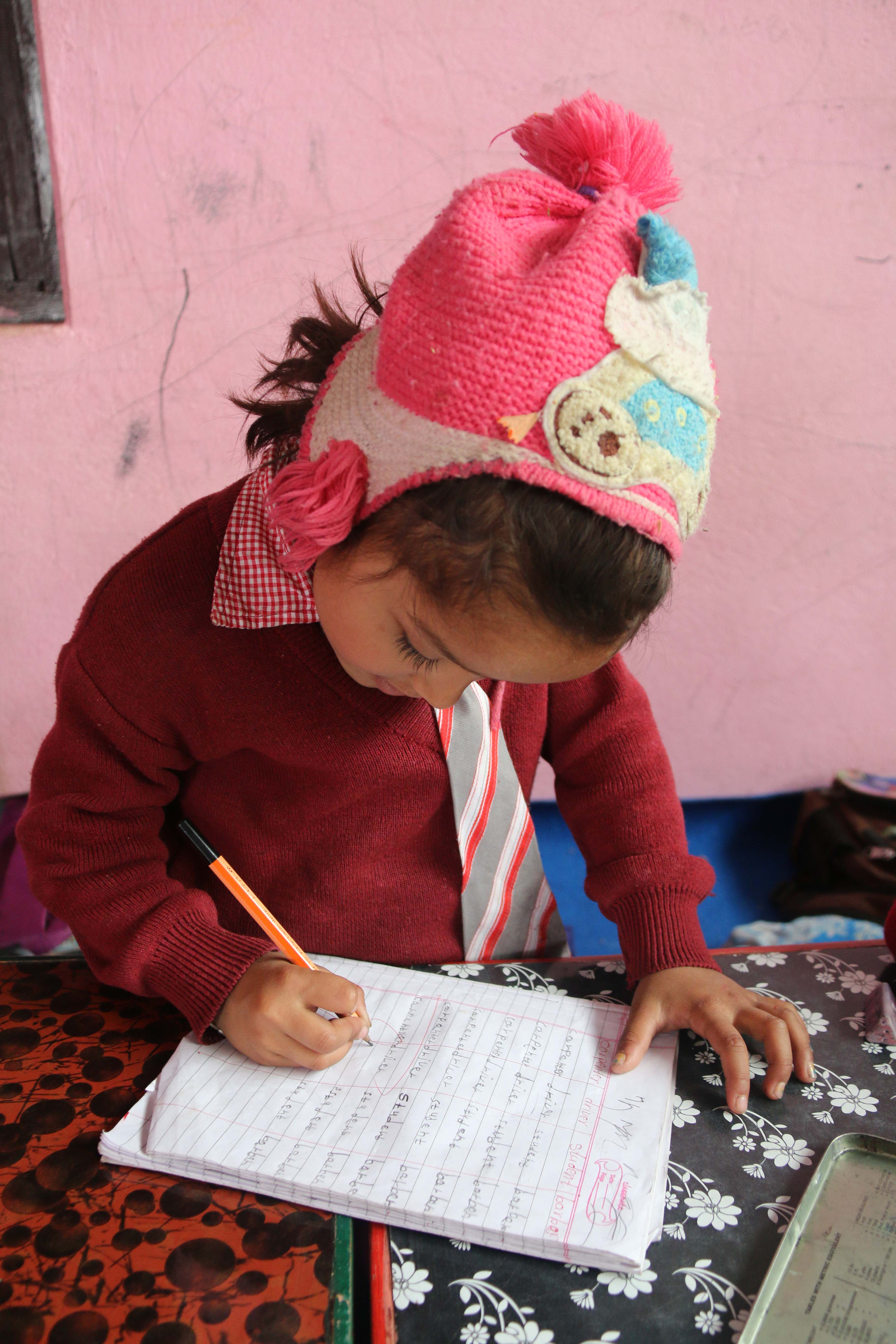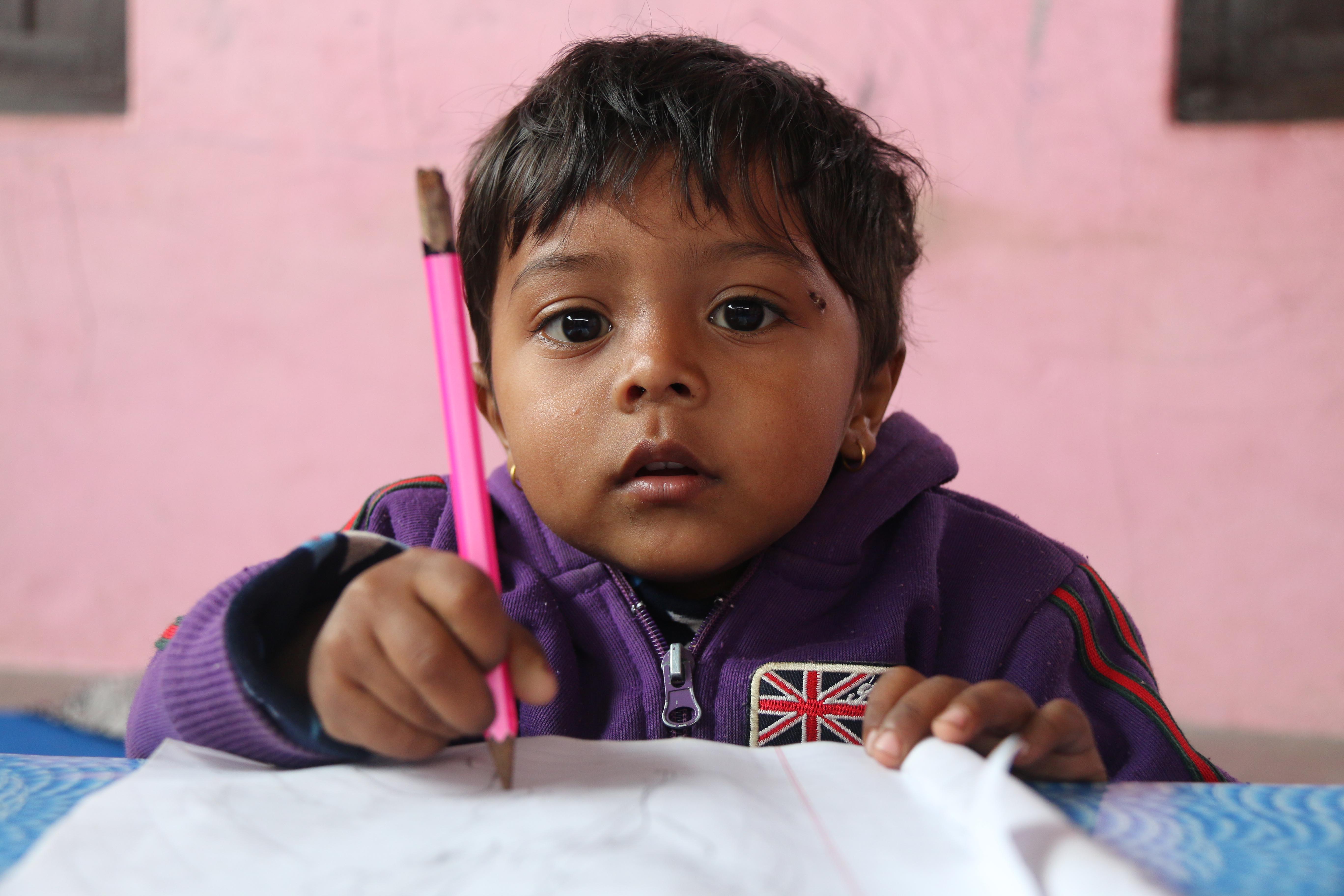Building better schools in Nepal

The earthquake and constant aftershocks of 2015 terrified the students and staff of Shree Jana Bikash Secondary School they did not give up. They built a temporary shelter for some time and now they have constructed a new earthquake-resistant building with support from World Vision's Safe Environment for Learning Project funded by UNICITY. They have truly proven that they are resilient.
A total of ten schools in Lamjung District were supported for construction/reconstruction of earthquake-resistant buildings under the project. Additionally, some schools were also supported with construction of child-friendly drinking water systems and renovation of toilets. Moreover, teachers and parents were also provided orientation on Disaster Risk Reduction.
Geeta Bhandari, Principal of Chandeswori Primary School in Lamjung District, says, "The teachers and students of this school do not need to worry in case of another earthquake because the new building constructed with support from local NGO Rural Community Development Centre and World Vision is earthquake-resistant."
Five-year-old Aashika, a student of nursery class at Chandeswori Primary School, says, "I like the new water taps. We can drink clean water anytime we want."
Not only has the reconstructed building directly benefitted the school students and teachers but it has also had a positive impact in the local community as the awareness of many community members on earthquake-resistant construction and disaster preparedness has significantly increased.
“The construction of the schools was an opportunity to build back better. Now, not only are the schools rebuilt according to earthquake-resistant standards but they also provide an improved learning environment for children,” says Parash Malla, Education Manager at World Vision International Nepal.
Children need a safe environment in to learn. Any long-term disruption to their education may lead to higher dropout rates. In such case, they will have difficulty engaging in income-generating activities as adults, and will be more likely to live in poverty.
We at World Vision help children, including the most vulnerable, access quality education and attain functional levels of literacy, numeracy and essential life skills. When children can read, they can better advocate for their rights and help provide for their families.




